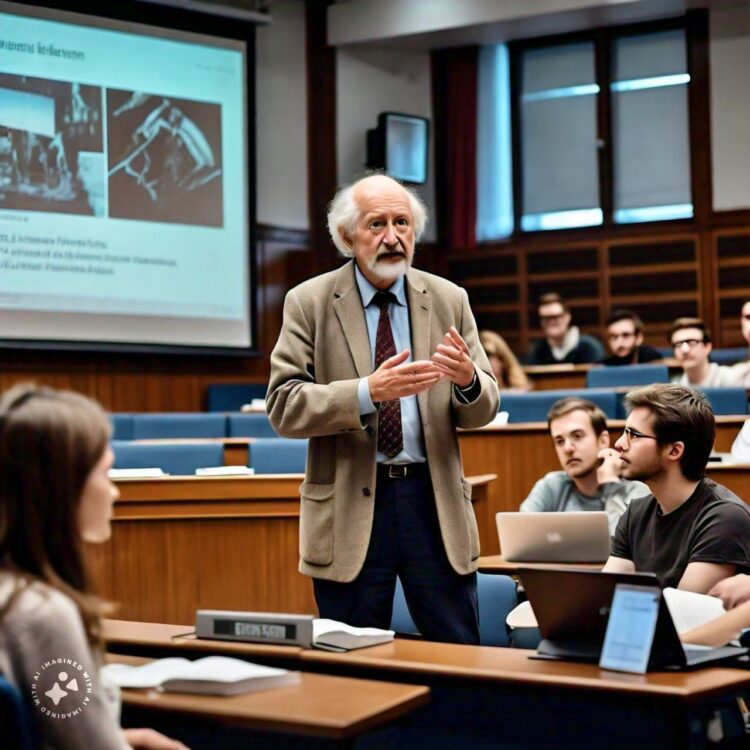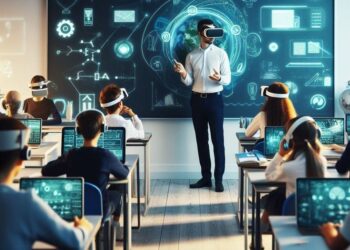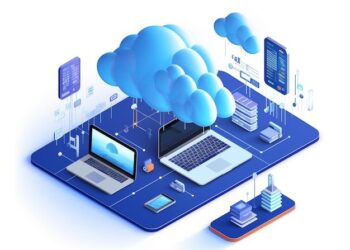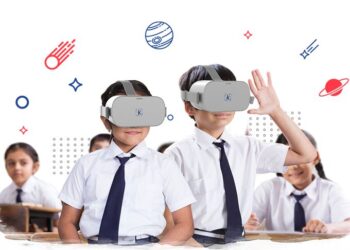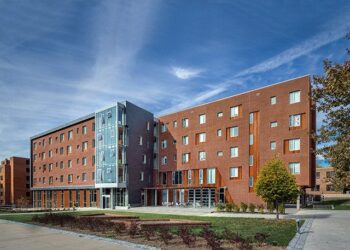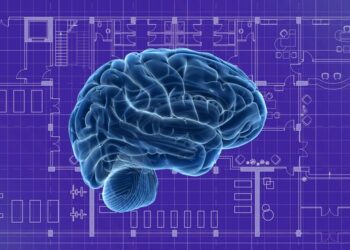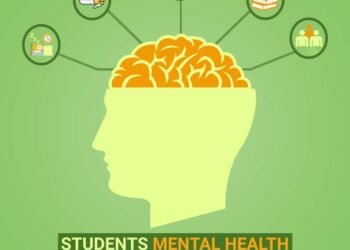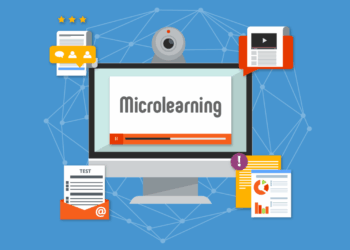The ivory tower, once a symbol of enduring tradition and exclusive knowledge, is standing at a pivotal crossroads. For centuries, the model of higher education remained remarkably consistent: students would gather in physical lecture halls, absorb wisdom from esteemed professors, and emerge, years later, with a degree that served as a golden ticket to a stable career. That model, however, is being fundamentally challenged by a confluence of powerful forces—relentless technological advancement, seismic shifts in the global economy, and a new generation of learners with vastly different expectations. The future of higher education is no longer a distant academic debate; it is a present-day reality unfolding with disruptive force.
This is not a forecast of doom but one of profound transformation. The universities that thrive in the coming decades will be those that embrace agility, personalization, and a learner-centric ethos. They will break down the rigid walls between disciplines, fuse academic theory with real-world application, and leverage technology not just as a delivery tool, but as a pedagogical partner. The conversation has shifted from simply digitizing the traditional classroom to completely reimagining the purpose, structure, and value of a university education in the 21st century.
This in-depth article explores the multifaceted future of higher education. We will dissect the key trends reshaping the academic landscape, from the rise of artificial intelligence and micro-credentials to the critical need for new financial models and a renewed focus on lifelong learning. We will examine how institutions can adapt to meet the demands of a rapidly evolving workforce and a new cohort of digital-native students, ensuring that higher education remains not just relevant, but essential, for generations to come.
The Digital Tsunami: Technology as the Great Disruptor
Technology is unequivocally the most powerful agent of change in modern education. Its influence extends far beyond simply putting lectures on Zoom; it is reshaping how knowledge is delivered, how skills are assessed, and how students engage with learning itself. Institutions that view technology as a mere supplement are destined to fall behind those that integrate it into the very core of their academic and operational fabric.
- A. The AI-Powered University: Artificial Intelligence (AI) is poised to revolutionize the student experience. Imagine AI-driven personalized learning paths that adapt in real-time to a student’s strengths and weaknesses, suggesting supplemental materials or more challenging assignments as needed. AI tutors can provide 24/7 academic support, while administrative AI chatbots can instantly handle queries about enrollment, financial aid, and course scheduling, freeing up human staff for more complex issues. Furthermore, AI can analyze vast datasets to identify at-risk students, enabling proactive interventions that can significantly improve retention and graduation rates.
- B. Immersive Learning with VR and AR: Traditional learning can often feel abstract. Virtual Reality (VR) and Augmented Reality (AR) are set to demolish this barrier by creating immersive, hands-on learning experiences. Medical students will be able to perform complex surgeries in a risk-free virtual environment. Architecture students can walk through their digital blueprints, experiencing scale and design in a way that 2D drawings could never allow. History students can be transported to ancient Rome. This technology transforms passive learning into active, memorable exploration.
- C. The Primacy of Data Analytics: Big data is the new engine for institutional improvement. By analyzing student performance data, engagement metrics from learning management systems (LMS), and post-graduation career outcomes, universities can gain unprecedented insights. These analytics can inform curriculum development to better match industry needs, identify and refine effective teaching methods, and demonstrate a clear return on investment to prospective students and their families.
The New Curriculum: Skills Over Seat Time
The modern economy has an insatiable appetite for specific skills, and the traditional, slow-moving, four-year degree is often misaligned with the pace of industrial change. The future of the curriculum is flexible, modular, and laser-focused on demonstrable competencies over the mere accumulation of credit hours.
- A. The Rise of Micro-credentials and Stackable Certificates: Not everyone needs or can afford a full degree to advance their career. Micro-credentials—such as digital badges, professional certificates, and industry-specific certifications—are booming. These short-form, skill-focused qualifications offer a fast and efficient way for learners to acquire in-demand abilities (like data analytics, UX design, or green energy management). The most forward-thinking universities are creating “stackable” pathways, where a series of micro-credentials can eventually be bundled and applied as credit toward a full bachelor’s or master’s degree, offering learners ultimate flexibility.
- B. The Integration of “Power Skills”: While technical skills are vital, employers are increasingly vocal about the need for “power skills” (formerly soft skills). These are the durable human abilities that machines cannot easily replicate: critical thinking, complex problem-solving, creativity, emotional intelligence, and collaboration. The future-proof curriculum will intentionally embed the development of these skills across all disciplines, utilizing project-based learning, interdisciplinary collaboration, and real-world case studies to cultivate well-rounded, adaptable graduates.
- C. Interdisciplinary and Transdisciplinary Studies: The world’s most pressing challenges—from climate change to public health crises—do not fit neatly into traditional academic silos. Future-focused universities are dissolving these departmental barriers, creating interdisciplinary programs that blend science with humanities, engineering with ethics, and business with data science. This approach teaches students to think holistically and attack problems from multiple perspectives, preparing them for the complexity of the modern workplace.
The Learner of Tomorrow: A New Generation’s Demands
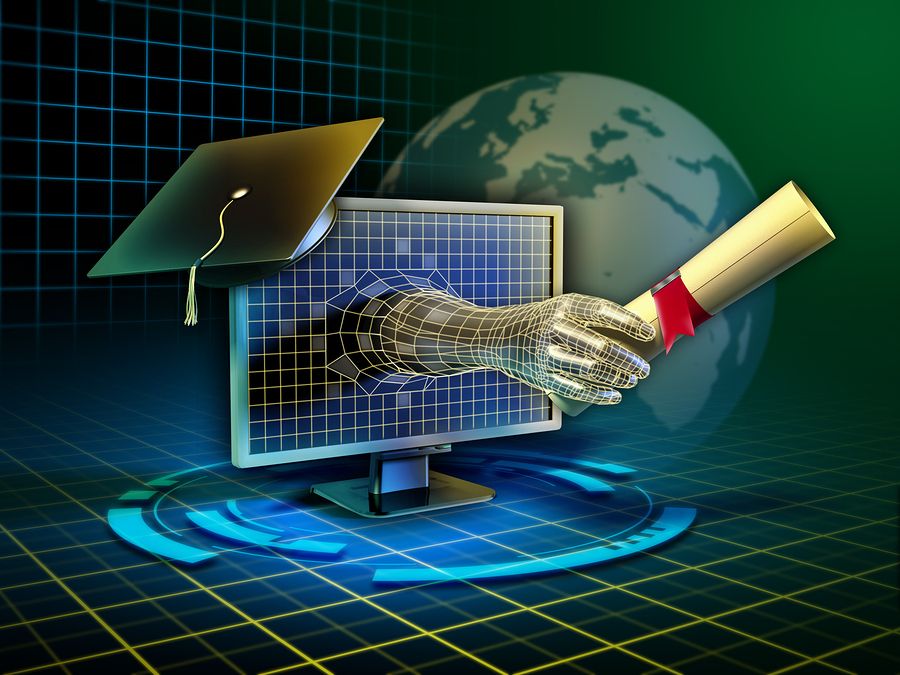
Today’s students are digital natives who have grown up with on-demand services and personalized experiences. Their expectations for education are shaped by their experiences as consumers, and universities must adapt to this new mindset.
- A. The Demand for Ultimate Flexibility: The concept of a linear, four-year residential college experience is becoming a luxury for a select few. The modern learner is often juggling work, family, and education simultaneously. They demand flexible learning models, including fully online, hybrid, and asynchronous (self-paced) options. The future is “HyFlex,” where students can choose, on any given day, whether to attend a class in person, join live via video conference, or watch the recorded lecture later.
- B. A Renewed Focus on Mental Health and Well-being: The pressures on today’s students are immense, leading to a well-documented crisis in mental health. Leading institutions are recognizing that student support is no longer an ancillary service but a core component of the educational mission. This means investing heavily in accessible mental health counseling, wellness programs, stress-management resources, and creating a campus culture that actively works to reduce stigma and promote a healthy work-life-study balance.
- C. The Shift from Student to Lifelong Learner: The notion that education ends at graduation is obsolete. Rapid technological and economic change means that continuous upskilling and reskilling are necessary for career longevity. Universities must pivot from a four-year, transactional model to a lifelong learning partnership. This involves creating robust alumni education programs, offering on-demand professional development courses, and becoming a continuous resource hub for graduates throughout their entire careers.
The Economic Imperative: New Models for Affordability and Access
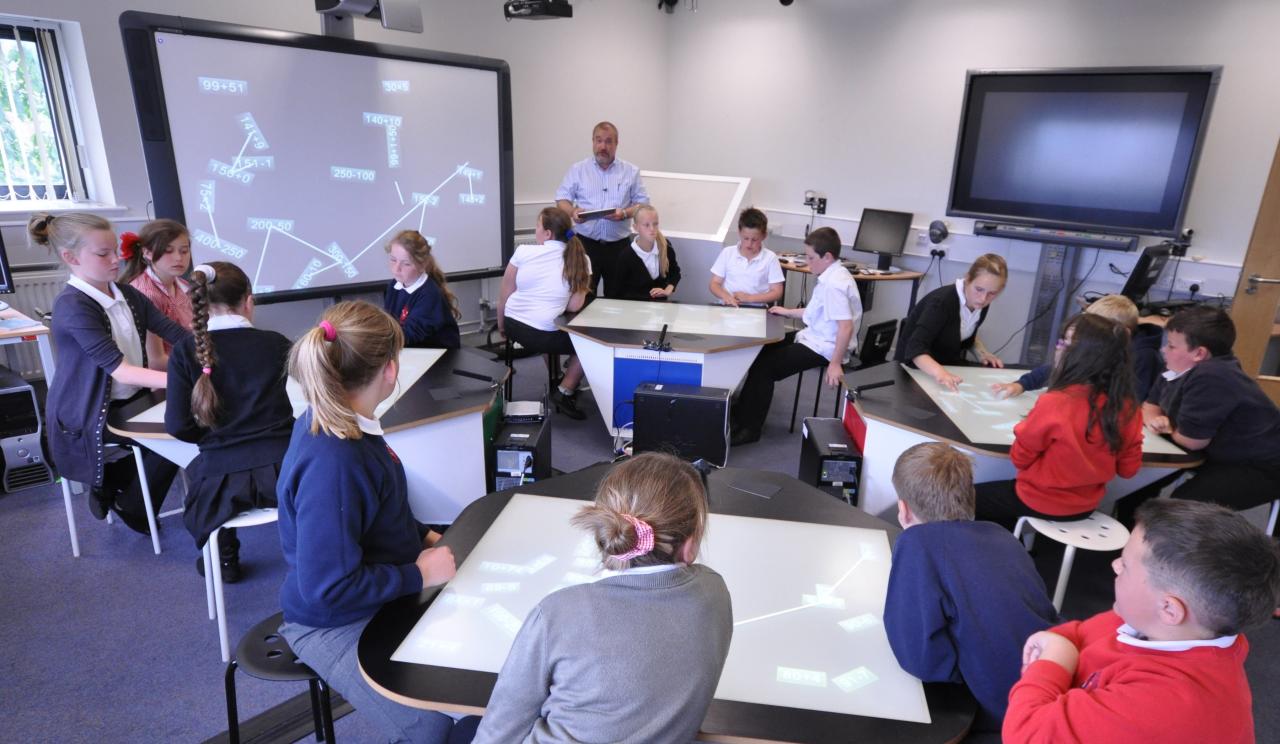
The spiraling cost of tuition is arguably the greatest threat to the future of higher education, creating a massive barrier to entry and saddling graduates with debilitating debt. Sustainable innovation in financial models is not just an option; it is a necessity for survival.
- A. Exploring Income Share Agreements (ISAs): While not a silver bullet, ISAs present an alternative to traditional loans. In this model, students pay no upfront tuition. Instead, they agree to pay back a fixed percentage of their income for a set number of years after graduation. This aligns the financial incentives of the university with the success of its students—if the graduate doesn’t get a good job, the university doesn’t get paid.
- B. Unbundling the Degree: The traditional degree bundles many services—academics, housing, athletics, student clubs, etc. The future may lie in “unbundling,” allowing students to pay for only the services they need. A commuter student taking online classes shouldn’t have to subsidize the cost of a new gymnasium. This a la carte model could dramatically reduce costs and increase access.
- C. The Three-Year Degree and Competency-Based Models: Many institutions are exploring accelerated three-year bachelor’s degree programs to reduce both the time and cost of education. Furthermore, competency-based education (CBE) awards credit for demonstrated mastery of a subject, regardless of “seat time.” A student with years of professional experience in coding could potentially test out of introductory computer science courses, saving both time and money.
The road ahead for higher education is one of dramatic and, at times, uncomfortable change. The institutions that not only survive but lead the next generation will be those that are brave enough to challenge century-old assumptions. They will leverage technology to create deeply personalized and engaging learning journeys. They will build agile, skills-focused curricula in lockstep with the needs of the economy. Most importantly, they will place the lifelong success and well-being of their learners at the absolute center of everything they do. The future of the university is not smaller or less important; it is more flexible, accessible, and essential than ever before.

